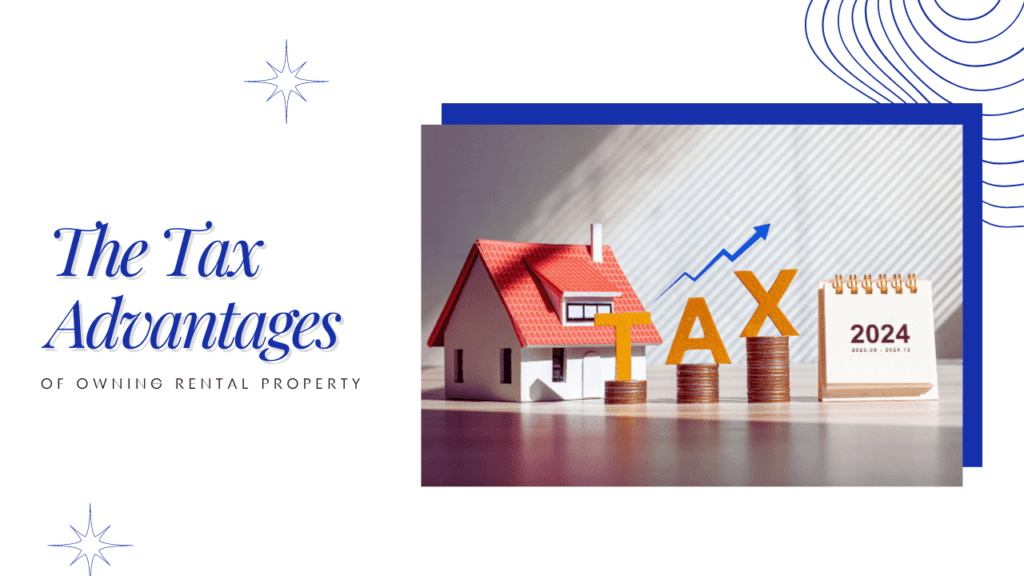
There are many excellent reasons to invest in real estate. You have the opportunity to earn recurring, consistent rental income every month. You own an asset that appreciates in value over time, even while your tenants are paying down your mortgage and contributing to the expenses associated with that investment property. You build equity quickly.
Another way to earn money on a rental property is to take advantage of all your tax benefits.
Here are some of the best tax benefits you can access as a real estate investor. Remember to consult with your CPA or your tax attorney before making any decisions on property acquisitions or sales.
Deduct Your Mortgage Interest
If you have a mortgage on your rental property, you can deduct the interest you pay on that mortgage every month.
When you use a credit card specifically for the purposes of buying things for your investment property (appliances, flooring, paint, etc.), you can also deduct the interest you pay on those purchases.
Deduct Your Operating Expenses
Operating expenses are also tax deductible when you are renting out a home.
Some of the typical operating expenses that you’ll have as a property owner include:
- Maintenance.
- Marketing and advertising costs.
- Leasing commissions.
- Landscaping.
- Pest control.
- Property management services.
- Professional fees from lawyers, insurance agents ,etc.
According to the IRS, any ordinary and necessary costs to maintain the habitability and income associated with your rental property can be deducted.
Deducting for Depreciation
Wear and tear is expected on your rental property, and the IRS allows you to depreciate your property over 27.5 years. You cannot include the land that your property sits on, but you can include appliances, the roof, and even carpet in the amount that you’d depreciate.
Consider a 1031 Exchange
 Another tax benefit for rental property owners is the 1031 exchange. This is a program that allows you to defer paying capital gains taxes when you sell an income-producing property. All you have to do is invest the proceeds of that sale into another income-producing property.
Another tax benefit for rental property owners is the 1031 exchange. This is a program that allows you to defer paying capital gains taxes when you sell an income-producing property. All you have to do is invest the proceeds of that sale into another income-producing property.
You get to defer taxes and continue to grow your investment portfolio by exchanging one property for another property. You can sell a single-family home, for example, and buy two condos. Or, sell an aging apartment building and re-invest those funds into the purchase of two single-family homes in a new construction neighborhood.
The 1031 exchange is an excellent idea for investors who want to sell a rental property and buy something else. It also provides a generous tax benefit. There are specific rules you need to follow to be eligible for a 1031 exchange. For example, the replacement property you buy has to be of equal or greater value. And, you’ll have 45 days to identify a replacement property after you sell the initial property, and then 180 days to close on the sale.
When you own rental property, you’re required to declare the rents you earn as income. But, you’re also allowed to take some key deductions when it’s time to file. Make sure you’re maximizing all the tax benefits that are available to you. Keep organized and detailed records, as well. If you need help, don’t hesitate to contact us at Oceans Managing Group by calling (386) 255-8585, or visit www.oceanspropertymanagement.com.
